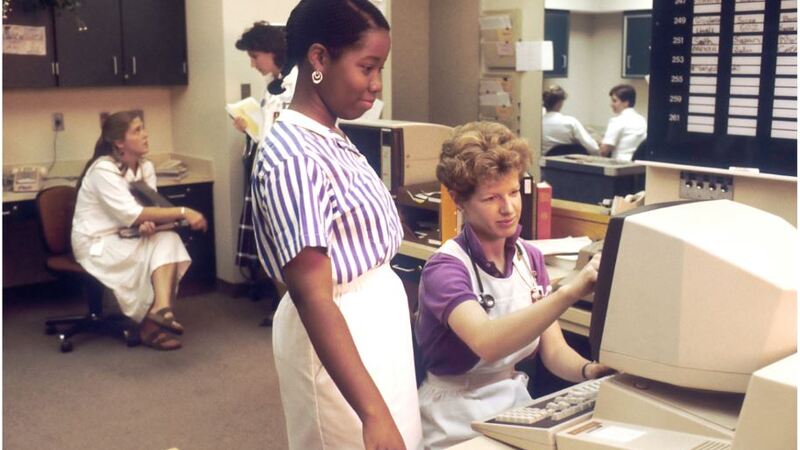Must-Have Qualities of a Care Management System in Healthcare
by: Russ Staheli 2017-02-07 Source: HealthCatalyst

CareManagement by N/A is licensed under unsplash.com Unsplash
Care management is the range of activities intended to improve patient care and reduce the need for medical services by helping patients and caregivers more effectively manage health conditions. Many healthcare organizations are just entering risk-based contracts, where they will be held accountable for providing care to specific populations of patients while practising good care management. Other organizations have extensive experience providing care management, but they use home-grown or commercial tools that cannot scale with growth.
RPA is here to assist you in Healthcare to handle such situations and improve providing better business. It facilitates humans to perform the complex tasks with simple automation processes with better turnaround time, quality, and cost – which is the biggest benefit.
A Care Management Tool Should Be a Comprehensive SystemFirst, a care management system must be exactly that: a system. Electronic medical records (EMR) or care coordination alone cannot meet the needs of healthcare organizations under value-based care. A true system brings a suite of products that integrate data from all sources, stratify patient risk, organize patient intake, manage patients through comprehensive care coordination, present two-way communication between patients and care managers, and measure care team performance.
What’s needed is a suite of tools with features in all five core competencies of care management:- Data integration: The ability to pull data from multiple EMRs and other data sources, then aggregate, analyze, and make it available to the right people at the right time.
- Patient stratification and intake: Using analytics-driven decision making to identify high-risk, high-utilization patients. This tool also supplies care managers with prioritized work-lists for interventions, and greatly simplifies their work.
- Care coordination: The timely, all-inclusive care team communication and collaboration on patient assessments, care planning, and interventions.
- Patient engagement: Informing patients about their care planning and facilitating interaction among all care team members through application-based secure messaging, assessments, care planning and associated activities, and education.
- Performance measurement: Advanced reporting capabilities to show how the care team performed after analysing and acting on the data provided.
These are the tools that comprise a comprehensive care management system, but two other areas more acutely define its value and effectiveness.
IntelliBuddies® role in Healthcare: It can work with existing infrastructure, seamlessly bring data from the legacy systems and provide better analytics. An Analytics-driven care management system addresses the issues by streamlining workflows, prioritizing daily tasks for care team members in a predictive way, and steers activity to the areas that will positively impact patients life in an efficient manner.
IntelliBuddies® helps the healthcare enterprise to handle these analytics driven systems very efficiently. It builds the processes in Process Designer, creating activities which enables you to interact with required systems (interact with web browsers, desktop applications, PDFs, images, databases, emails, spreadsheets, web services and many more) during the process workflow. Sequences are the basic building blocks in defining the process. Once the sequence is built and works fine, it can be reused in other processes where you need the same functionality.
Source: HealthCatalystRecent Articles







